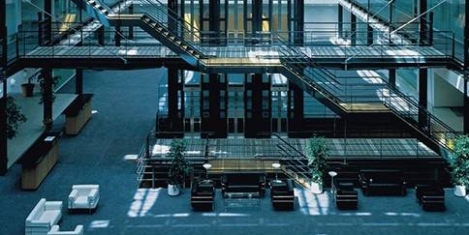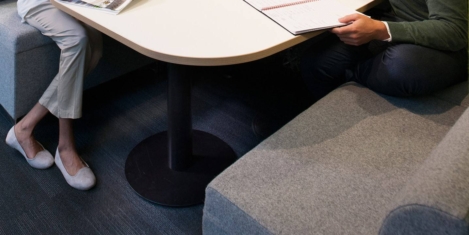July 24, 2019
Agile working? This is Frank’s World and the rest of us just live in it
 James Joyce had a word for moments of insight when we see right through convention and suddenly appreciate how things really are. He called such moments epiphanies. Such a flash of insight happened to me three or four years ago in Texas. I had been explaining to the partners of a very large international client how they could use their office space more effectively. Since these partners were rightly concerned with driving down occupancy costs, including rent, property taxes, service charges and energy costs throughout all their operations everywhere, my proposals were very acceptable. (more…)
James Joyce had a word for moments of insight when we see right through convention and suddenly appreciate how things really are. He called such moments epiphanies. Such a flash of insight happened to me three or four years ago in Texas. I had been explaining to the partners of a very large international client how they could use their office space more effectively. Since these partners were rightly concerned with driving down occupancy costs, including rent, property taxes, service charges and energy costs throughout all their operations everywhere, my proposals were very acceptable. (more…)


































July 26, 2019
Self-employment might be good for mental health
by Mark Stabile • Comment, Flexible working, Wellbeing
(more…)